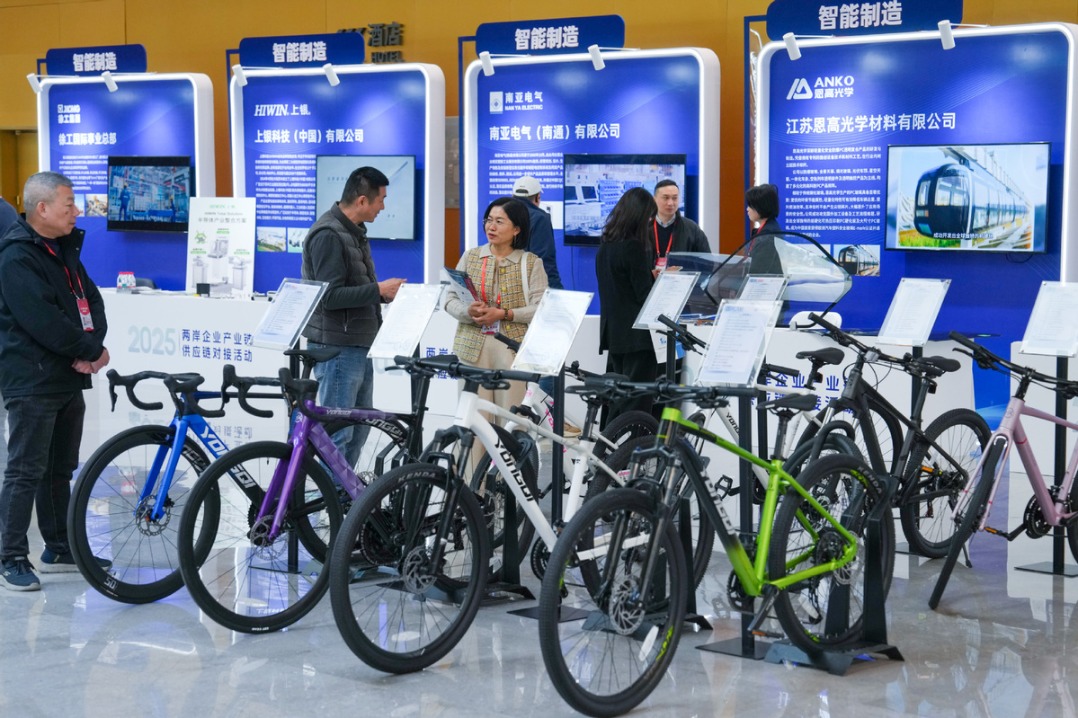Petrochemical SMEs encouraged to accelerate tech innovation
By ZHENG XIN | China Daily | Updated: 2024-11-27 09:44

Private enterprises in China that have strong momentum in innovation, research and development, have significantly contributed to the country's petrochemical industry during the past few years, with many evolving into world champions in niche markets, said industry experts.
Currently accounting for 90 percent of all large-scale enterprises in the sector by the end of 2023, China's private petrochemical and chemical enterprises have been fostering a new era of high-quality development, employing 80 percent of the industry's workforce and generating over 50 percent of its revenue, according to Li Yunpeng, Party secretary of the China Petroleum and Chemical Industry Federation.
According to the China Petroleum and Chemical Private Enterprises Development Report, recently published by the federation, among the 1,523 recognized "little giant" enterprises specializing in advanced technologies, 90 percent are private, with 1,371 companies originating from the sector. This underscores the substantial presence of high-quality private enterprises, it said.
The term "little giant" refers to small and medium-sized enterprises that typically specialize in niche sectors, command high market share and boast strong innovative capacity.
Private enterprises now encompass the entire industrial chain in refining and chemical sectors. Notably, private firms in the fine chemicals segment command 80 percent of production capacity, cementing their critical role. In 2023, private enterprises represented over 30 percent of production capacity in both refining and basic chemical fields, the report stated.
Wang Jingmin, secretary-general of the federation's SME working committee, said many private companies have become world champions in specific fields, leveraging technological accumulation to secure leadership in niche markets.
Among the country's four major petrochemical provinces, Shandong's private enterprises dominate refining and tire manufacturing, while private companies in Guangdong possess significant domestic and international influence. Jiangsu and Zhejiang provinces now lead in new chemical materials, fine chemicals and specialized chemical equipment manufacturing, she said.
The top 100 private petroleum and chemical companies employed 763,000 people in 2023, a 16.64-fold increase compared to 2014. Their tax contributions also surged, with total taxes reaching 294.2 billion yuan ($40.54 billion) in 2023, an 11.2-fold increase since 2014.
Despite steady growth in production and overall industry stability, the economic benefits of the sector remain under pressure, said the report.
In the first nine months of 2024, the sector's revenue reached 12.02 trillion yuan, up 3.5 percent year-on-year. However, profits fell by 10.2 percent, reflecting challenges such as rising production pressures, market difficulties and lower-than-expected returns, especially for private SMEs, the report showed.
"Structural issues such as product and service homogenization, as well as gaps in modern corporate governance, are hindering private enterprise growth. These challenges demand immediate attention," said Wang.
























